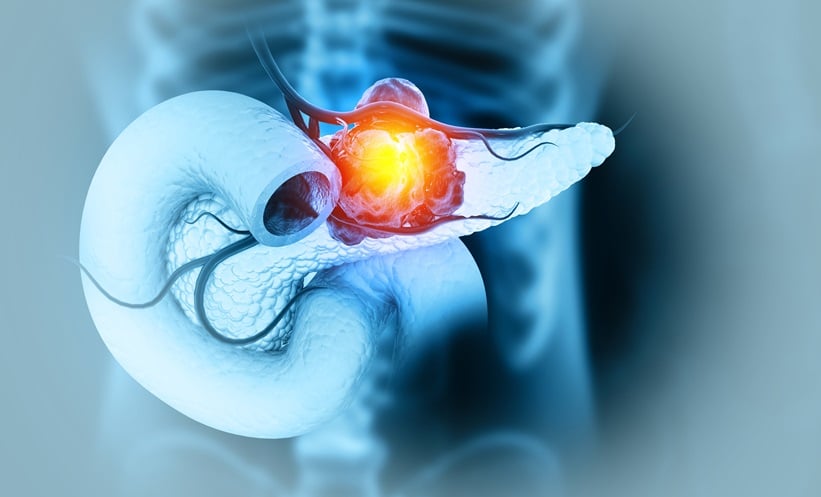Gut Hormone Implicated in NMOSD-Related Brain Inflammation
The gut hormone glucagon-like peptide 1 (GLP-1) and its receptor (GLP-1R) may contribute to brain inflammation and nerve overactivity in patients with neuromyelitis optica spectrum disorder (NMOSD). This is according to a new study presented at the 2025 American Neurological Association Annual Meeting. The findings highlight a potential link between gut hormones and neurological autoimmunity, offering insight into area postrema syndrome (APS), a hallmark symptom characterized by uncontrollable nausea, vomiting, and hiccups.
Elevated GLP-1 Levels in Patients With APS
Researchers measured GLP-1 and GLP-1R levels in blood and cerebrospinal fluid samples from 248 patients with NMOSD, including 57 with APS, and 164 healthy controls. Patients with APS showed significantly higher concentrations of both GLP-1 and GLP-1R than other NMOSD patients and healthy individuals. The elevated levels were also correlated with greater disease severity, suggesting that GLP-1 may contribute to neurological inflammation in the brain’s area postrema.
GLP-1 and Neuronal Overactivity
Animal studies mirrored these clinical findings. In mice with APS-like symptoms, increased GLP-1 and GLP-1R expression in neurons of the area postrema was linked to excessive nerve firing and abnormal energy use. When the receptor was blocked using the compound exendin-(9-39), neuronal activity normalized and APS-like symptoms subsided. These results suggest that GLP-1R signaling contributes directly to symptom generation, and its inhibition could represent a novel therapeutic pathway.
Clinical Implications for GLP-1–Based Therapies
The findings raise important considerations for the use of GLP-1 receptor agonists, widely prescribed for diabetes and obesity, in individuals predisposed to neuroinflammatory conditions. While the study does not suggest these drugs cause inflammation on their own, researchers caution that they may exacerbate neurological symptoms in susceptible patients. Conversely, targeting GLP-1 signaling could help develop more personalized treatment approaches for NMOSD and APS.
Reference: Wood H. GLP-1 is implicated in area postrema syndrome in people with NMOSD. Nat Rev Neurol. 2025. https://doi.org/10.1038/s41582-025-01150-2








